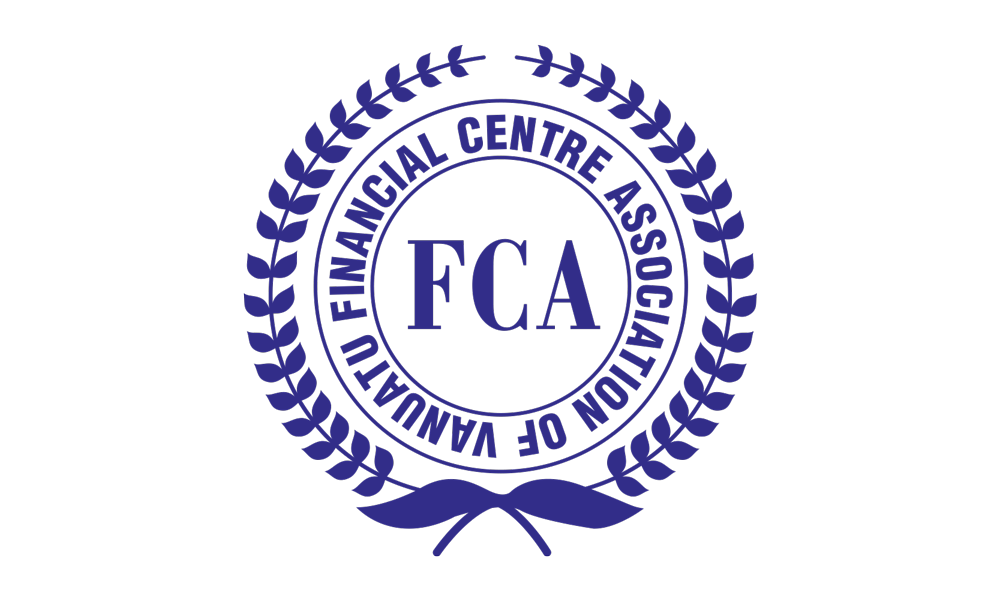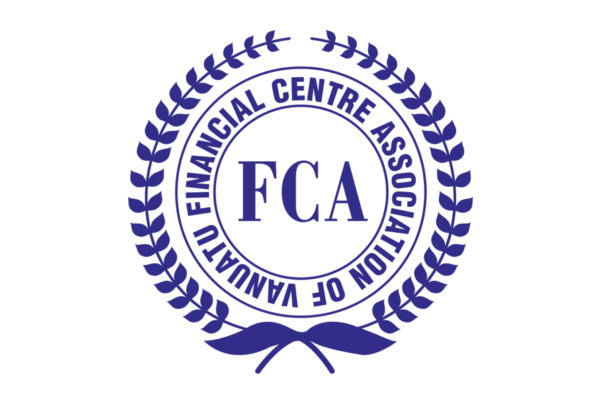Dear FCA members,
Dear industry colleagues,
The past year has been difficult for Vanuatu and for the Financial Centre, as the coronavirus pandemic raged on and kept our nation closed off from the world. Not only our tourism industry was shut off for another year, but what was left of our economy was further impacted by the unilateral actions of foreign entities.
De-riskings and blacklistings
Our financial system was dealt a serious blow when National Bank of Vanuatu lost its USD correspondent banking with National Australia Bank, along with the entire South Pacific region (Fiji, Solomon, Samoa, Cook, etc.). This was a perfect example of the growing trend toward “de-risking“ among Western financial institutions, which impacts many small nations across the world. In addition to our vulnerability to natural disasters, we now have to cope with this 100% man-made disaster and it looks like there’s not much we can do about it.
Meanwhile, the European Commission continues to insult Vanuatu by associating us with the stench of money laundering and the financing of terrorism. Our name has now been for six years on the EU blacklist of “high-risk third countries”, even though it’s been four years, almost to the day, since the recognized global standard setter on these matters, the Financial Action Task Force, deemed our financial system compliant with all of its requirements.
Every time our leaders and representatives tried to raise the issue with the people in charge in Brussels, they were met with either silence or vague answers, after repeated delays. Our government and our regulator would be more than happy to receive clear instructions on how to satisfy the European Commission and finally get off that shameful list. You would think money laundering and the financing of terrorism are urgent issues, but our blacklisters don’t seem to be in a hurry. They’ve been dragging their feet for four years already, and are yet to show any intention of helping us.
As if one unfair blacklisting wasn’t enough, Vanuatu also appears for the sixth year in a row on the EU blacklist of “non-cooperative jurisdictions for tax purposes”, which would be laughable if it wasn’t so insulting.
The European Commission is seriously expecting the world to believe that six small jurisdictions in the Pacific and the Caribbean collectively form the single biggest threat to the tax revenue of EU member states – even though we comprise less than 1% of living humans and produce under 0.1% of global GDP. What these jurisdictions have in common is not a propensity to facilitate tax evasion, but an utter defencelessness against EU bullying. They are used as scapegoats while the real tax havens go unpunished. This is nothing but theatre for the European taxpayers, and Vanuatu should have no part to play in it.
These two EU blacklists do very little against money laundering, terrorism financing or tax evasion, but they do raise our chances to lose correspondent banking through “de-risking”. They are profoundly unfair at a time when we badly need to revive our battered economy.
Forcing an ideology on us
Wait, there’s more. The European Commission apparently believes Vanuatu hasn’t suffered enough yet. At the start of 2022, it decided to open a third front in its war against our sovereignty, by suspending the visa exemption for Vanuatu passport holders in the Schengen area. The decision, approved by the Council of the EU, was justified by alleged improprieties in the vetting process of our citizenship-by-investment (CBI) programmes (or “golden passports” as they like to say in Brussels); the spectre of money laundering was once again raised.
Our CBI programmes have been instrumental in keeping our government afloat during the pandemic, contributing at times to a third of its budget. This is really not a good time to make them lose value in the eyes of applicants by removing our EU visa exemptions.
As for our vetting process, it’s as strong as it can be; each CBI candidate goes through several independent screenings by our most robust institutions, and they can always lose their citizenship if they are later found guilty of committing a crime or making false statements. In the end, they can only enter the EU as tourists; it’s not like they can use Vanuatu passports to set up companies and open bank accounts there.
It should be noted here that the European Commission hasn’t been forthcoming with any meaningful help to better screen applicants. Just like with the money laundering blacklist, all we got were broad criticisms of our processes, unfounded for the most part, without any clear instruction or specific requirement.
If recent debates in the Parliament of the EU are any indication, their problem is not the risk of money laundering; it is the very existence of CBI programmes. Many European politicians share the notion that citizenship should not be sold to foreigners, even though it’s been done for decades by countries rich and poor. EU member countries themselves naturalize hordes of citizens every year, probably in the millions; but “selling” a paltry 2,000 Vanuatu passports apparently unleashes a global threat that must be stopped. To hell with our sovereign right to enact our own immigration laws – they’d better starve our people of the most basic necessities than let us run against their ideology.
Might doesn’t make right
Yes, it sometimes feels like we’re David against Goliath, and there is a natural temptation for some of us to give up, or worse even, to think that Goliath may be right – after all, he’s not become Goliath for no reason! How could the combined wisdom of 27 long-civilized nations of Europe not be right against a small bunch of Pacific islanders who just graduated from Least-Developed status?
No, I assure you my friends, might doesn’t make right in this instance. European bureaucrats are wrong, unfair and cruel to Vanuatu and they must be denounced at every opportunity.
I am painfully aware that few topics are more boring than global financial regulations and European Commission methodologies; but I promise you it is worth taking the time to patiently explain these issues.
Let’s never forget that Vanuatu is an independent, sovereign nation. We must help our European friends come to the obvious realisation that their blacklistings and visa waiver suspensions do nothing but infringe on our basic right to self-determinate.
Learn more and spread the word
Many of you are already well informed on these issues, but for those who want to dig deeper, the FCA maintains an ever-growing documentation online in the hope of getting our voice heard and building awareness.
Start by browsing our position papers and other resources at https://fca.vu/ and feel free to share them on your networks.
You should also check out the great contributions from our friend Marla Dukharan, an outspoken Caribbean economist who’s been investigating some issues that Vanuatu shares with her home country of Trinidad & Tobago (the only other country that appears on both EU blacklists!). She produced a fantastic video on Vanuatu, “From blackbirding to blacklisting”, and it might be the best 14 minutes you ever spent. Marla also talked about Vanuatu’s woes with Irish economist David McWilliams in this podcast episode.
Also, I hope you didn’t miss Francois Chani’s great piece in The Diplomat as well as Sela Molisa’s in Pacific Advocate. These are absolute must-reads!
Ending on some good notes…
- It may have taken longer than expected, but Wanfuteng Bank finally got foreign currency clearing access.
- Also worth mentioning: ANZ is now clearing CBI funds for select Designated Agents.
- The remote worker visa legislation issued last year thanks to the efforts of many of ourmembers has now been amended, making it even more appealing to this new categoryof residents. Hopefully, we should welcome our first cohort of digital nomads soon!
- 2021 was also the year when the words “Digital Asset” made their entry into Vanuatulaw, as part of an amendment to the Financial Dealer Licensing Act. Our licensing scheme is now targeting serious players who are willing to set up shop among us in Vanuatu and contribute meaningfully to the growth of our fintech industry.
These developments were made possible because of the productive relationships that we carefully nurture with institutions like the VFSC, the RVB and the FIU, not to mention our government leaders. This kind of progress has made the FCA a more important organization than ever, not only for our members but for the whole community. We have many projects for the upcoming year(s):
- The amalgamation of the Companies Act and the International Companies Act;
- Creation of an automated Ultimate Beneficial Owner online registry;
- Review of the National AML/CFT risk assessment with NCC/FIU/VFSC;
- New enabling legislation for Digital Asset (FATF compliant);
- Education, private sector and public sector contribution
- Promotion of Foreign Direct Investment
Expect more news from us on all these topics!
I’d like to thank each and every one of you for your support over the past year. Once again, it is a great honour for me to be entrusted with this position.
Kind regards,
Martin St-Hilaire



